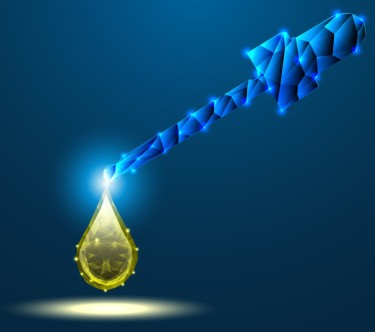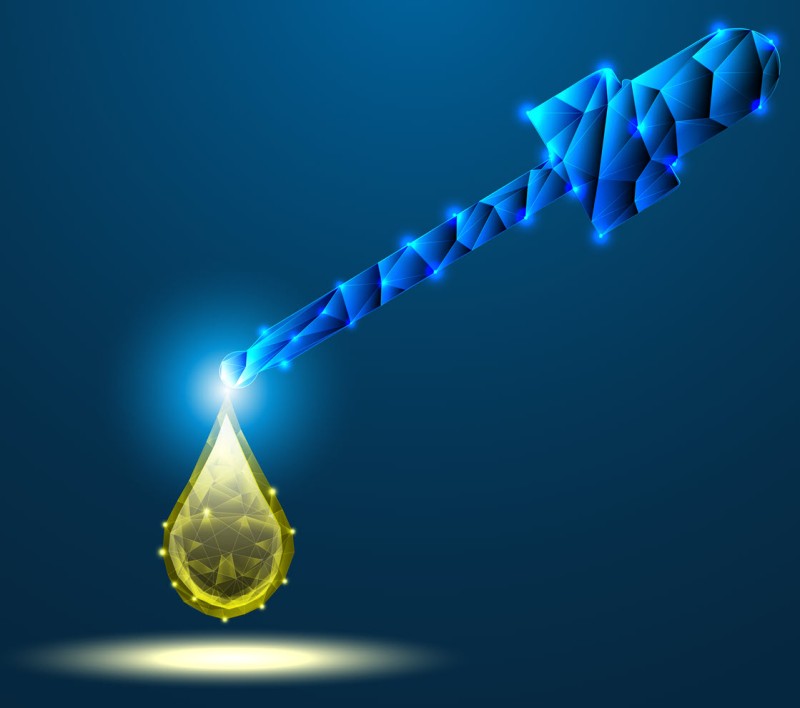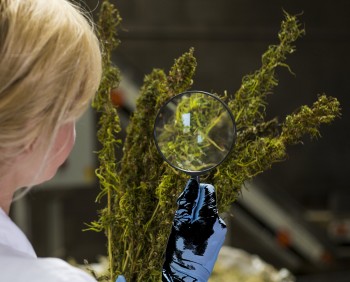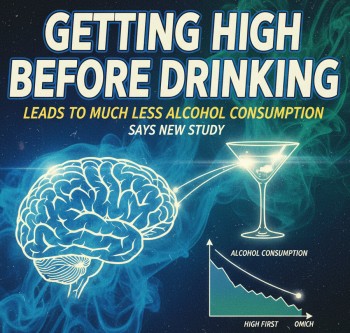
The cannabis market is growing faster than ever, with new products coming out quicker than you can say CBD.
These days, thanks to state-of-the-art technology, we are spoiled with choice when it comes to how we want to consume our medication, and that includes both CBD and THC. However, there is one interesting product that’s hit market shelves recently which you may or may not have heard of, given how rare it is: crystal-resistant distillate CBD.
What Is It?
Crystal-resistant distillate CBD is a type of CBD extract that is ultra-refined, containing significantly more concentrations of cannabinoids while resisting crystallization. The latter part is emphasized because CBD is among the cannabinoids that have the likelihood of reverting to crystal form once suspended in hemp extract. This form of CBD is not ideal for use in vape cartridges, making crystal-resistant distillate, its CBD and cannabinoid content, one of the most optimal ways to make the most out of its benefits.
However, it should be said that when CBD does crystallize, this isn’t dangerous. It’s only that it can reduce the quality of the vaping experience, and for the consumer, it’s unsightly to look at. Additionally, when CBD crystallizes, it’s can be difficult, even impossible to vape, rendering the vape cartridge impossible to consume.
This is not only a nuisance for consumers, but manufacturers as well.
When CBD distillate products end up crystallizing, it can no longer be used thus cannot be sold. For these reasons, the development of crystal-resistant distillate was necessary so that it could be more shelf stable.
It’s a great product to vape but it can also be used in topicals as well as other types of CBD products where you want to enjoy a higher concentration of minor cannabinoids while resisting crystallization for months at a time.
Why It’s Important
In a nutshell, crystal-resistant distillate is the ideal type of extract for manufacturing high-end vape cartridges as well as topicals. Producers can have peace of mind that their products are more shelf-stable, and consumers will be able to enjoy as much as 30-50% CBD potency as well as 10-20% minor cannabinoid content.
This way, you can also enjoy the benefits of cannabinoids including CBC, CBN, and CBG.
It’s also good to note that crystal-resistant CBD distillate doesn’t contain any THC, so it’s the ideal extract that can be used for consumers who want to maximize the benefits of cannabis without the high.
How Does It Differ From Other CBD Distillates?
CBD distillate comes in different types, so if you’re on the lookout for this type of product, it’s best to get to know them. The main forms are full-spectrum and broad-spectrum CBD distillates, aside from crystal-resistant distillate though there are other types that are worth trying out too.
Full-Spectrum CBD Distillate: This type of distillate possesses the biggest spectrum of cannabis compounds. These include CBD as well as THC (not more than the federally legal threshold of 0.3%), some minor cannabinoids, phytochemicals, plus terpenes. Full-spectrum CBD is renowned for being the most potent form of CBD, widely used for therapeutic and medicinal purposes.
The primary goal of creating full-spectrum CBD distillate is to get rid of extraneous lipid but still maintaining a balanced ratio of cannabinoids, flavonoids, and terpenes from the cannabis plant material. Manufacturers usually have to test the material before and after the extraction process has been done in order to verify this. However, it’s rare to find authentic full-spectrum extracts because it’s challenging to make them. Current extraction processes unfortunately lose important flavonoids and terpenes in the process since they are more volatile compared to cannabinoids. Using extremely low heat, such as with the RSO method, ethanol, or a long vacuum extraction process can give you real full-spectrum distillate.
When consuming full-spectrum CBD extracts, they are usually dark, with earthy flavors.
Broad-Spectrum CBD Distillate: Meanwhile, this type of distillate also contains a similar spectrum of compounds and cannabinoids as full-spectrum, except that it doesn’t contain THC. These THC-free products are made from hemp plants and in some cases, flavonoids, terpenes, and minor cannabinoids can be added into them as well.
Broad spectrum CBD distillate extracts are usually lighter in color compared to full-spectrum, and they have similar flavor profiles but they are less earthy and hemp-y.
CBD Isolate: CBD isolate is the purest type of distillate available on the market. They are different from full and broad-spectrum distillates since they only contain CBD and nothing else, not even flavonoids or terpenes.
What makes the other distillates more powerful is that they act with the entourage effect in mhttps://cannabis.net/blog/vaping/should-you-vape-cbd-what-are-the-pros-and-cons-of-cbd-vape-oilind, further enhancing the health benefits of the other cannabinoids and compounds. Having said that, CBD isolate may not be as appealing to consumers who want to make the most out of the therapeutic effects of other cannabinoids. On the other hand, CBD isolates are ideal for people who want to maximize the effects of pure CBD.
According to a 2015 study, CBD isolate does offer health benefits but they may be more mild compared to full-spectrum CBD. If you are medicating for extreme pain and inflammation, you may need higher doses or use more potent CBD products.
CBD isolates won’t get you high, since the most THC they contain is 0.3%. These forms of cannabis are suitable for overall health and wellbeing as well as for treating muscle spasms, seizures, and psychotic disorders.
Have you taken these forms of CBD? Which is your favorite, and why?






